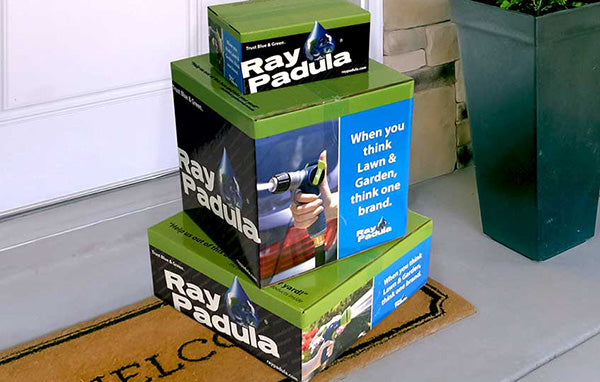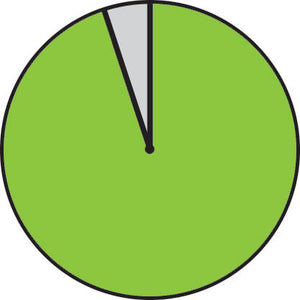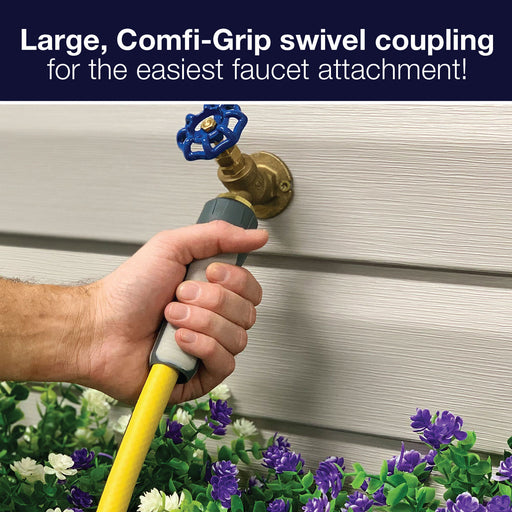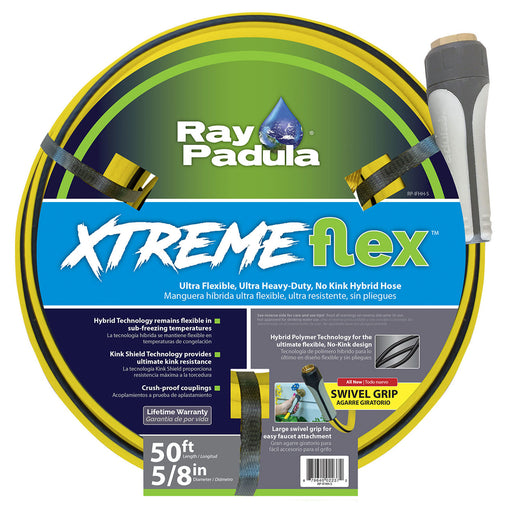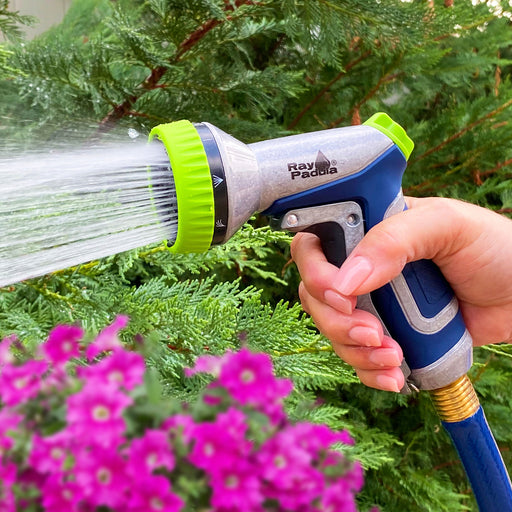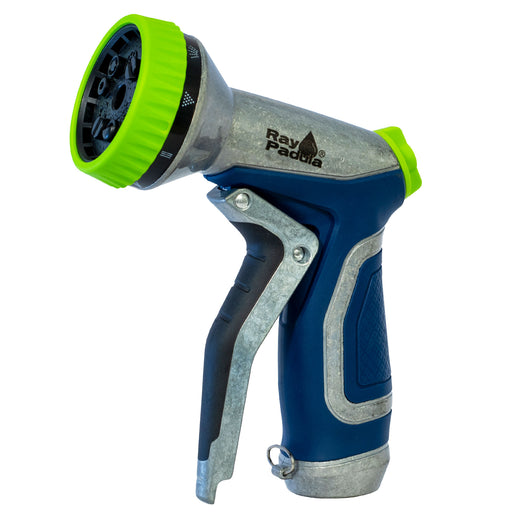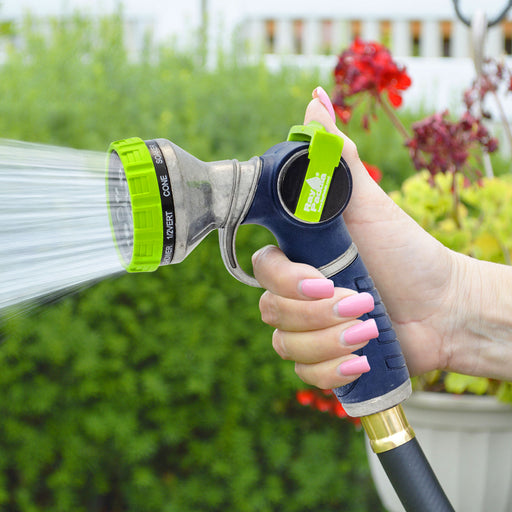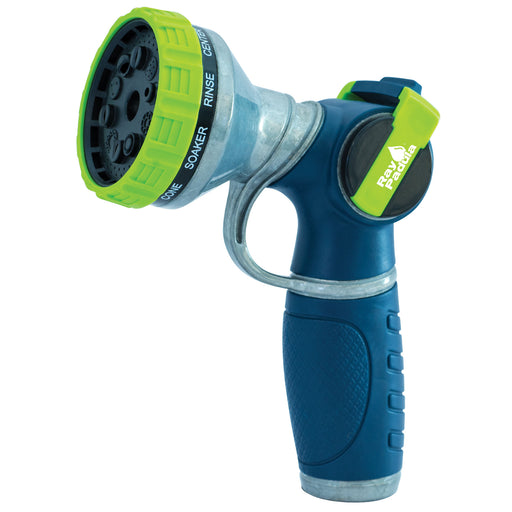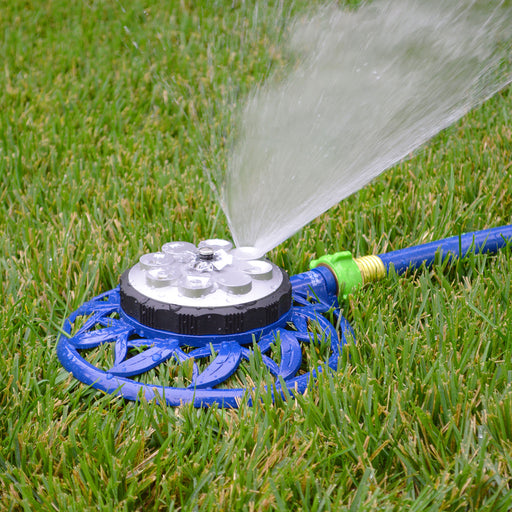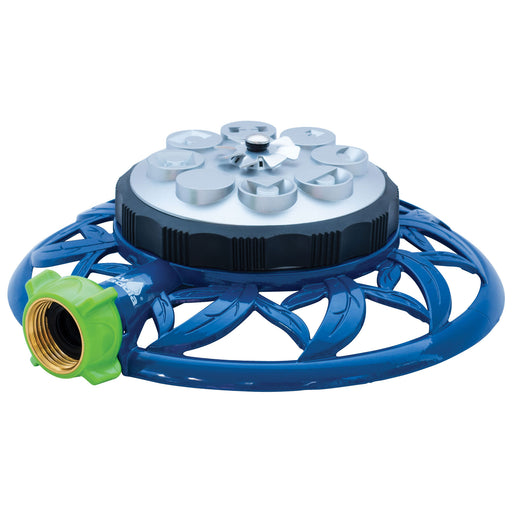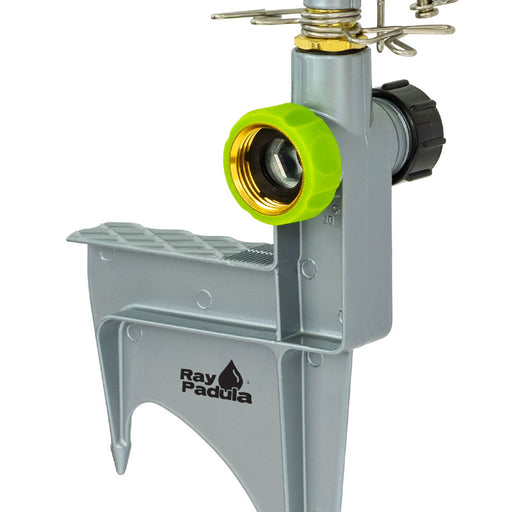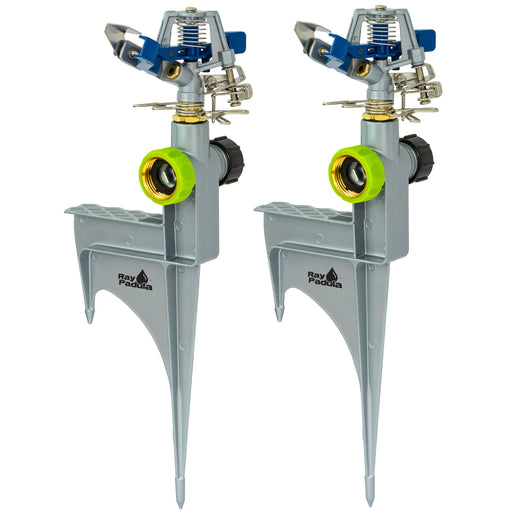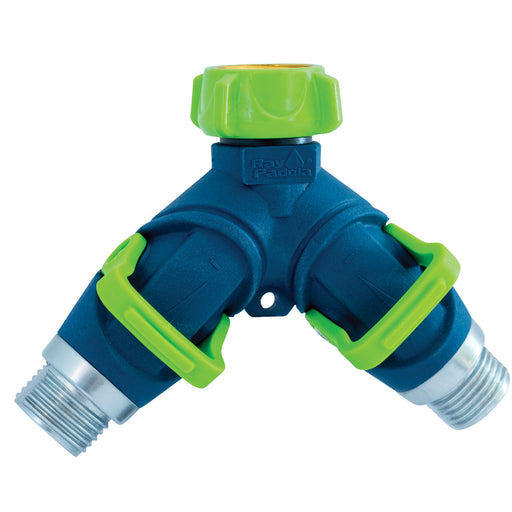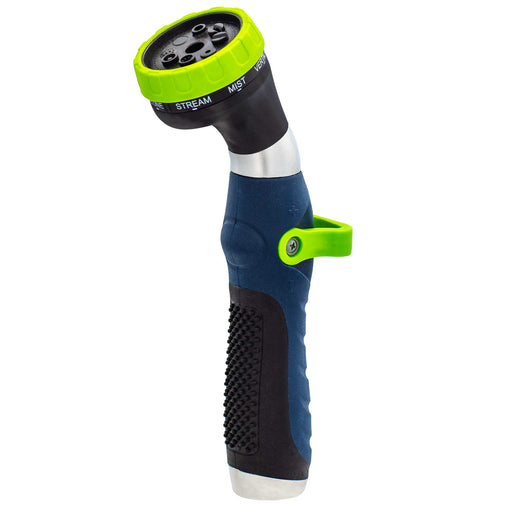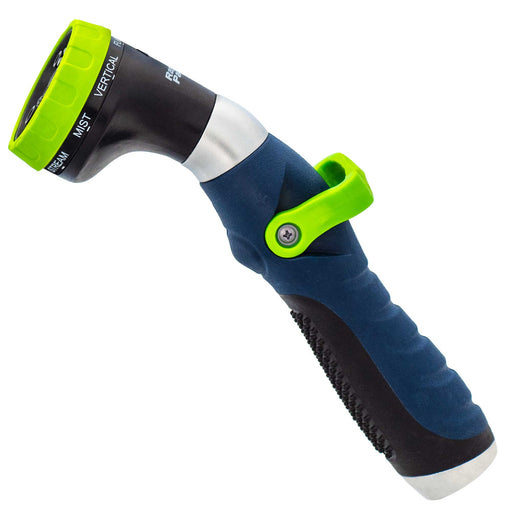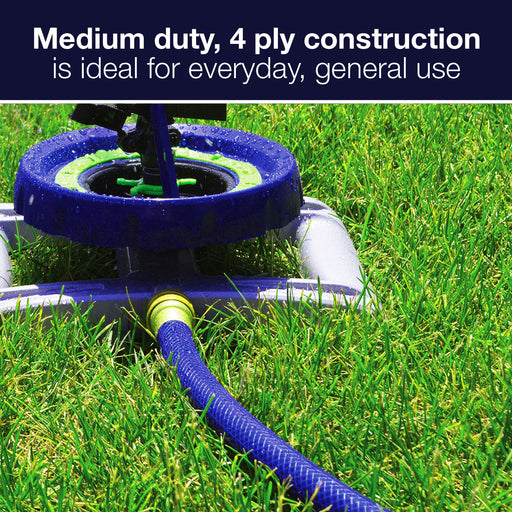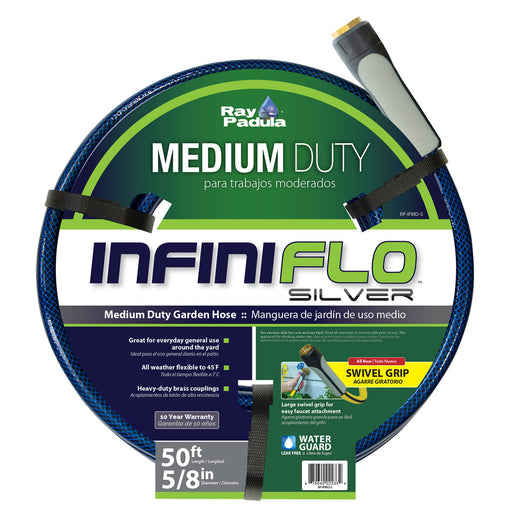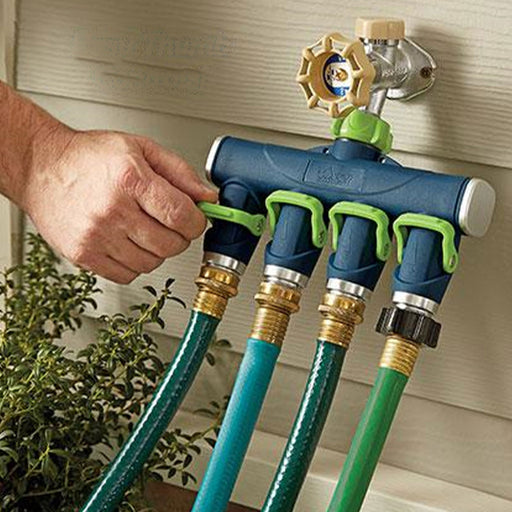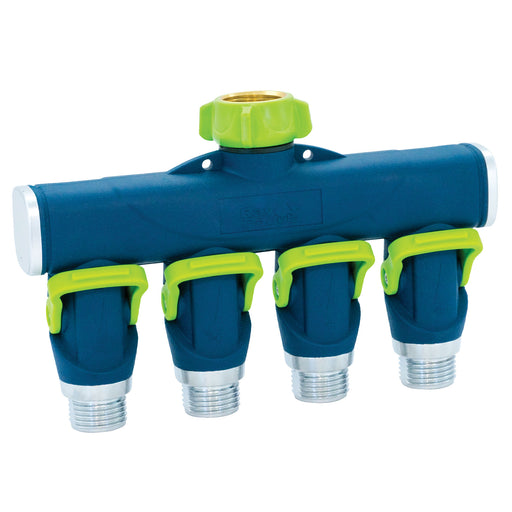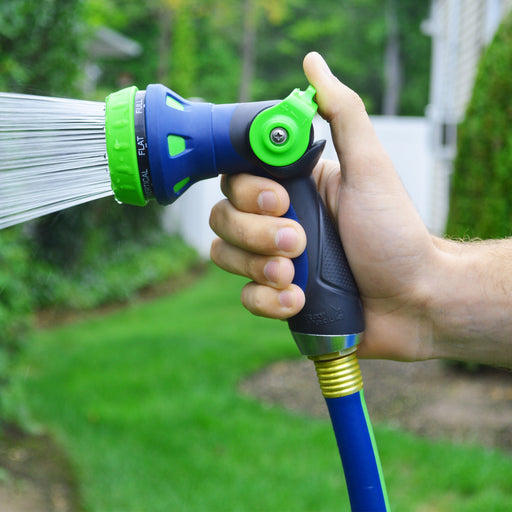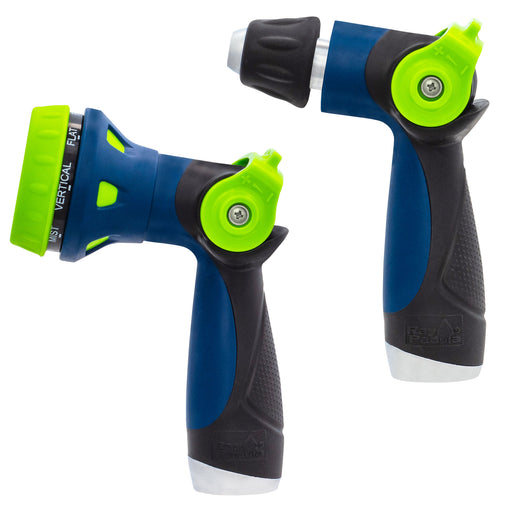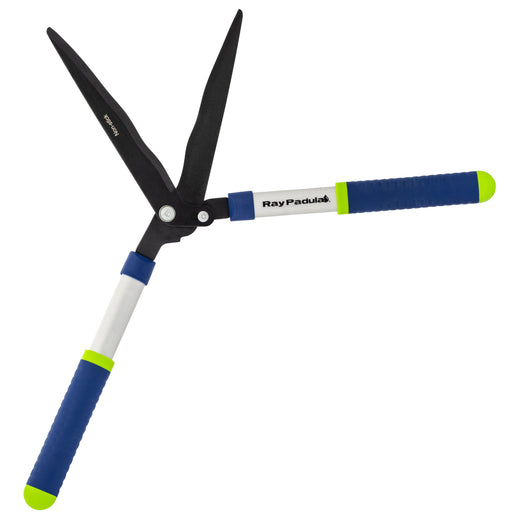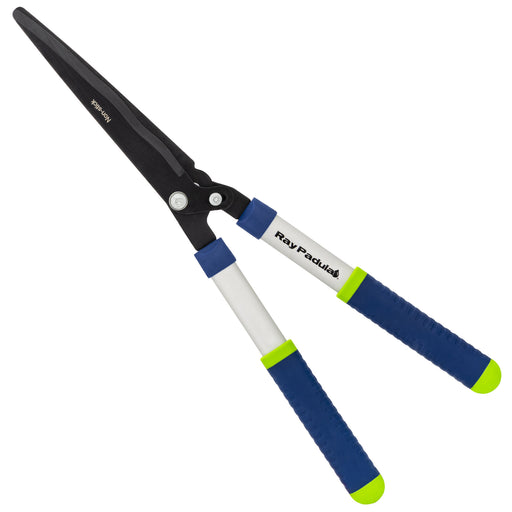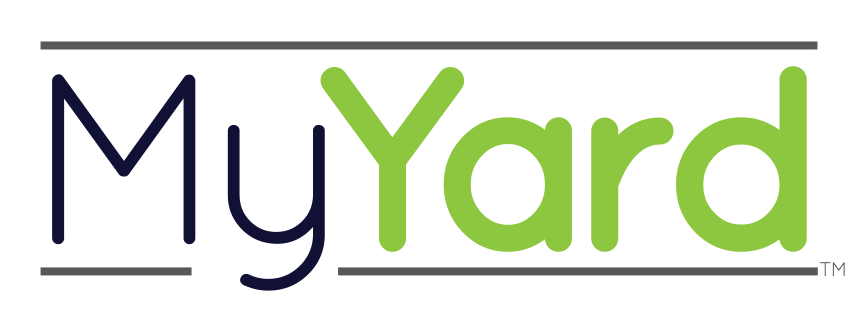
If you could minimize food waste, reduce your overall carbon footprint, and make your garden healthier, you would, right? Well, composting can help you do all three!
It doesn't matter if your in a tiny apartment, or a large, suburban home - anyone can compost. Here's what you need to know to get your own compost started.
Composting Makes Your Garden Healthier
For a healthier, more nutrient dense garden, just add some compost. Adding compost to your garden improves soil structure and allows it to retain more moisture, which means less watering for you. Additionally, compost works as a natural, slow-release fertilizer for plants, and breaks down organic matter into beneficial plant available nutrients.

Composting Reduces Waste
Today, yard waste and food scraps make up more than 28 percent of what we throw away. Much of that waste can be composted. When you compost you directly divert waste out of the landfill all while creating free, nutrient-dense fertilizer for your plants and garden.
Composting Lowers Your Carbon Footprint
Organic matter like food scraps and yard waste need oxygen to decompose quickly. When sent to the landfill this organic matter lacks the air necessary to decompose and instead creates methane gas, the most harmful greenhouse gas, as it breaks down.
What Is Compostable?
-
Dead leaves, tree debris, wood chips, sawdust, and grass clippings
-
Vegetable waste and fruit scraps
-
Hay and straw
-
Shredded newspaper, paper, and cardboard
-
Hair and fur
-
Teabags, coffee grounds, and filters
-
Eggshells and nutshells
-
House plants and flower cuttings
What's Not Compostable?
-
Bones, meat, and fish scraps
-
Dairy products
-
Fats, oils, lard, and grease
-
Diseased plants or perennial weeds
-
Pet manures
-
Black walnut leaves
-
Peels and rinds that contain pesticides
-
Sawdust contaminated with oils

Compost Pails, Bins, and Piles
Where you live, what you compost, and how much work you want to do determines what type of composting bin or pail will work best for you. If you live in an urban area that has access to a small patio or balcony you can get started with a compost tumbler or a countertop composter. A compost tumbler, DIY compost pile, or enclosed bin are all good options for people who have ample yard space.
Composting Tips
Add layers: Alternate your layers between moist and dry compost material
Keep it covered: Covering prevents overwatering and helps retain heat and moisture
Turn it: Turning compost with garden tools like a fork or shovel aerates the compost and provides vital oxygen to the pile. Rotating compost tumblers make turning easy.
The Science of Composting
What's the secret to a healthy compost? All compostable materials are either nitrogen or carbon-based and to achieve a healthy compost you will need a working balance between the two.
Compost gets its fluffy, light body from carbon-rich materials like coffee grounds, eggshells, sawdust and wood chips, corn stalks, and peels. Protein-rich matter, or nitrogen-rich items, such as lawn clippings and food scraps make enzymes for a healthy compost.
Second-guessing your compost? Always opt for more carbon. In addition to carbon and nitrogen-rich matter you'll want to keep your compost moist, but never soaked. Occasionally watering your compost, with a hose and nozzle, or letting the rain do it for you, is essential for a healthy compost.
Whether you want to minimize waste, reduce your carbon footprint, or just make your garden naturally healthier, composting is a task that checks all the boxes!
Legal Disclosure:
This post is provided for informational, educational purposes only. This information is intended to provide general guidelines. Because tools, products, materials, techniques, and local codes are constantly changing, Ray Padula Holdings assumes no responsibility for the accuracy of the information contained herein and disclaims any liability for the omissions, errors, or outcomes of any projects or tasks completed. It is the responsibility of the reader to ensure compliance with all local laws, rules, codes, and regulations for any projects completed. If there are any questions or doubts regarding any elements of any information provided, consult a local, licensed professional.


